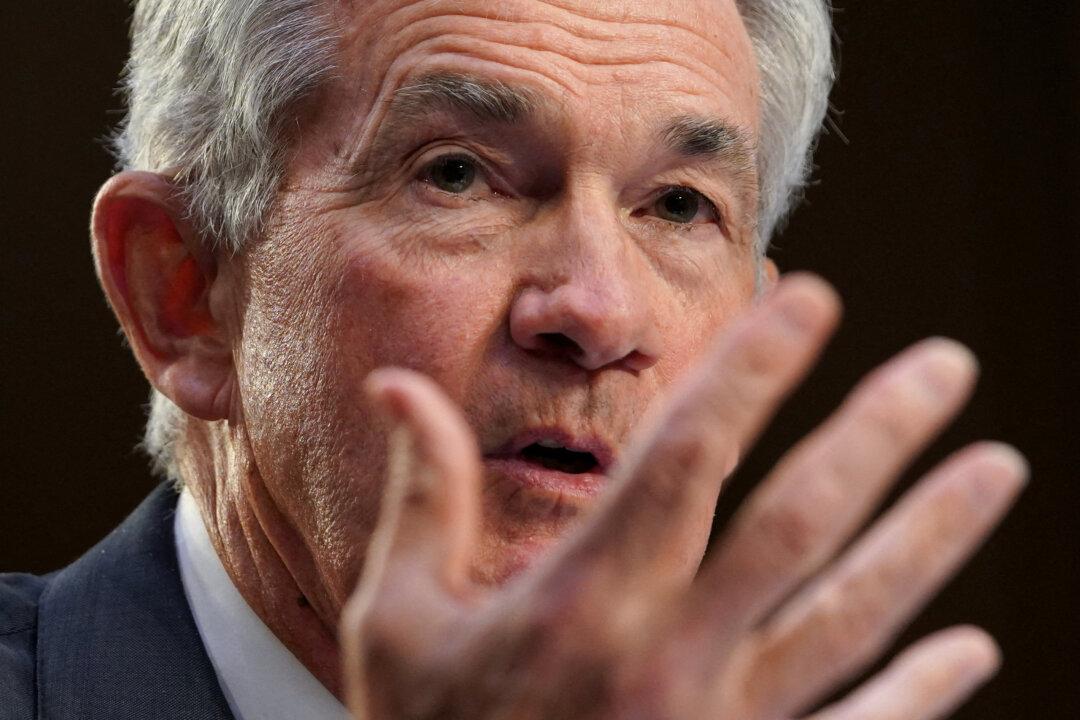In a letter to Federal Reserve Chair Jerome Powell, a group of Senate Republicans criticized the central bank for initiating its climate agenda while the institution grapples with rampant inflation and banking turmoil.
Upper chamber GOP officials, led by Sen. Dan Sullivan (R-Alaska), wrote that the Fed is inching toward implementing climate change into its mandate, which could diminish its focus on fighting elevated price pressures and “a crisis of confidence” in the financial sector. As per the Federal Reserve Act, the central bank’s chief mandates are price stability, maximum employment, and managing long-term interest rates.





